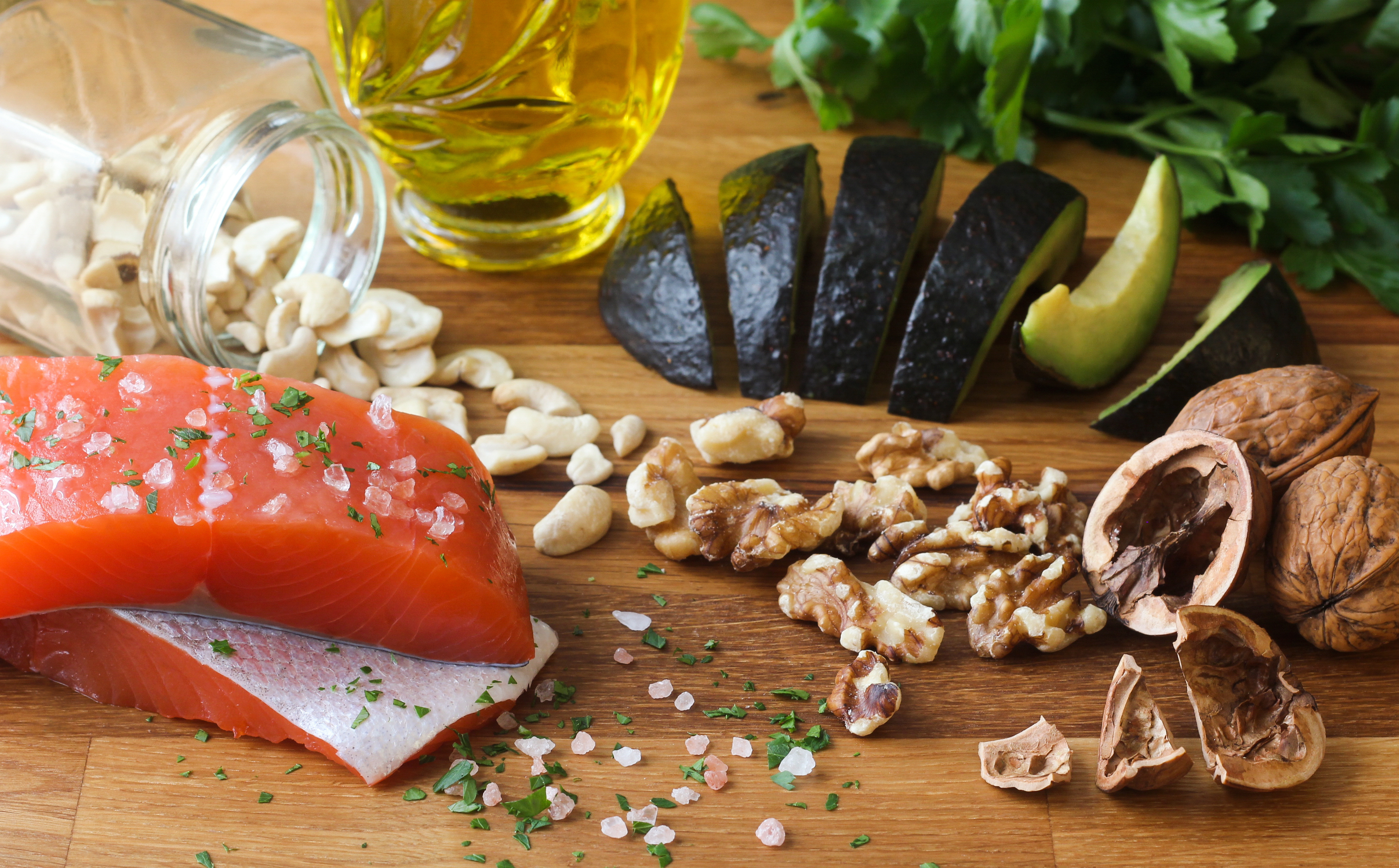
A Mediterranean diet can reduce the risk of a deadly form of breast cancer by 40%, a large study has found.
Scientists monitored more than 62,000 women over a period of 20 years to see how their breast cancer risk was affected by what they ate.
Those who adhered most closely to a Mediterranean diet rich in plant protein, fish and olive oil were 40% less likely to develop ER-negative breast cancer than women who adopted the diet the least.
This form of the disease, which is not stimulated by the sex hormone oestrogen, is often harder to treat than hormone-sensitive cancer and more likely to prove fatal.
Each year more than 55,000 women in the UK are diagnosed with breast cancer, 30% of whom have ER-negative cancers. Around 11,400 women die from breast cancer in the UK every year.
A typical Mediterranean diet includes high intakes of plant-based proteins such as nuts, lentils and beans, whole grains, fish and “healthy” monounsaturated fats such as olive oil.
Consumption of refined grain foods such as white bread or white rice, red meat and sweets is kept to a minimum.
Professor Piet van den Brandt, from Maastricht University in the Netherlands, who led the study published in the International Journal of Cancer, said: “Our research can help to shine a light on how dietary patterns can affect our cancer risk.
“We found a strong link between the Mediterranean diet and reduced oestrogen-receptor negative breast cancer risk among post-menopausal women, even in a non-Mediterranean population.
“This type of breast cancer usually has a worse prognosis than other types of breast cancer”.
Alcohol, which normally forms part of a traditional Mediterranean diet, was excluded from the study because of its known links to breast cancer.
Previous findings have shown that almost 12,000 cases of breast cancer could be prevented in the UK each year if alcohol consumption ceased.
Dr Panagiota Mitrou, director of research funding at the charity World Cancer Research Fund, which funded the new research, said: “This important study showed that following a dietary pattern like the Mediterranean diet, could help reduce breast cancer risk – particularly the subtype with a poorer prognosis.
“With breast cancer being so common in the UK, prevention is key if we want to see a decrease in the number of women developing the disease.
“We would welcome further research that helps us better understand the risk factors for the different breast cancer subtypes.”
Following a Mediterranean diet only had a weak non-significant effect on the risk of hormone-sensitive ER-positive breast cancer, the study found.

Enjoy the convenience of having The Sunday Post delivered as a digital ePaper straight to your smartphone, tablet or computer.
Subscribe for only £5.49 a month and enjoy all the benefits of the printed paper as a digital replica.
Subscribe